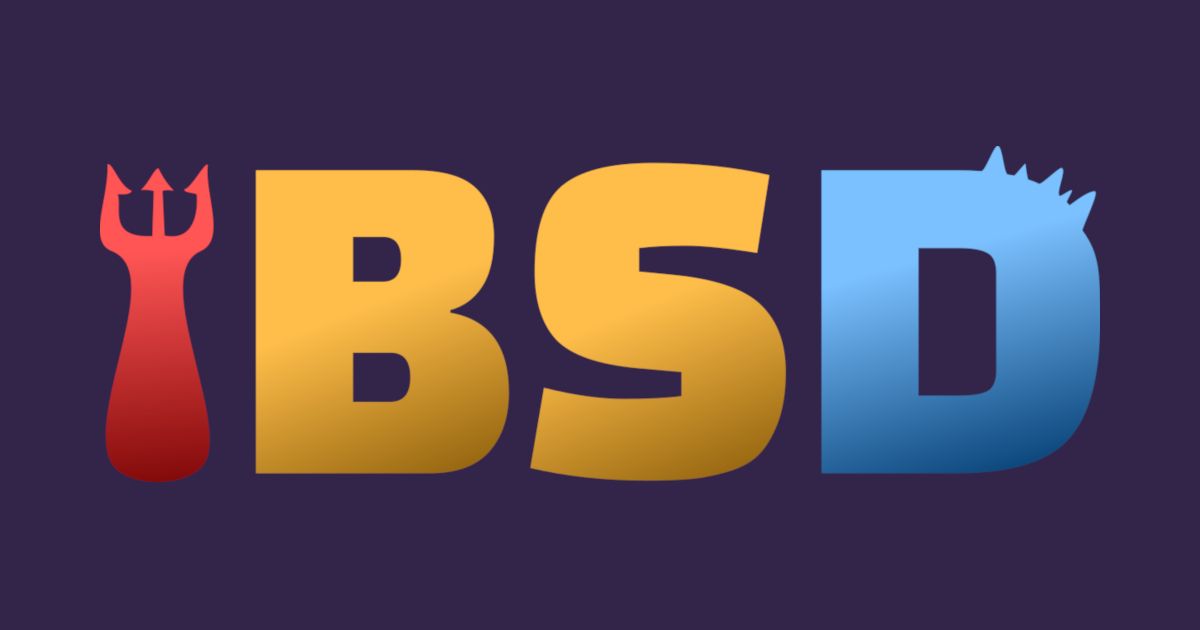FreeBSD: How To Find A File (Or Directory)
Written by: Donovan / Last updated: Jan 10, 2023If you’re looking for a file (or directory) in FreeBSD or OpenBSD, there are 3 commands you should know about:
findwhereislocate
1. find
find can be used to find a file or directory.
You use it like so:
# File
find / -type f -name "file name"
# Directory
find / -type d -name "directory name"You can change the / to any folder you want to start searching in.
2. whereis
The whereis command is useful for finding the location of a binary.
Say, for example, you want to find the exact location of the ls binary:
# Command
whereis ls
# Result
/bin/ls3. locate
Before you can use the locate command, you’ll need to build its database like so:
doas (or sudo) /usr/libexec/locate.updatedbYou can then find a file or directory like so:
locate filenameThis is basically like running find but it’s a lot faster, since you’ve prebuilt the database. Just beware that running the locate.updatedb command as root will expose every single file (including in your root folder) on the system to every user.



